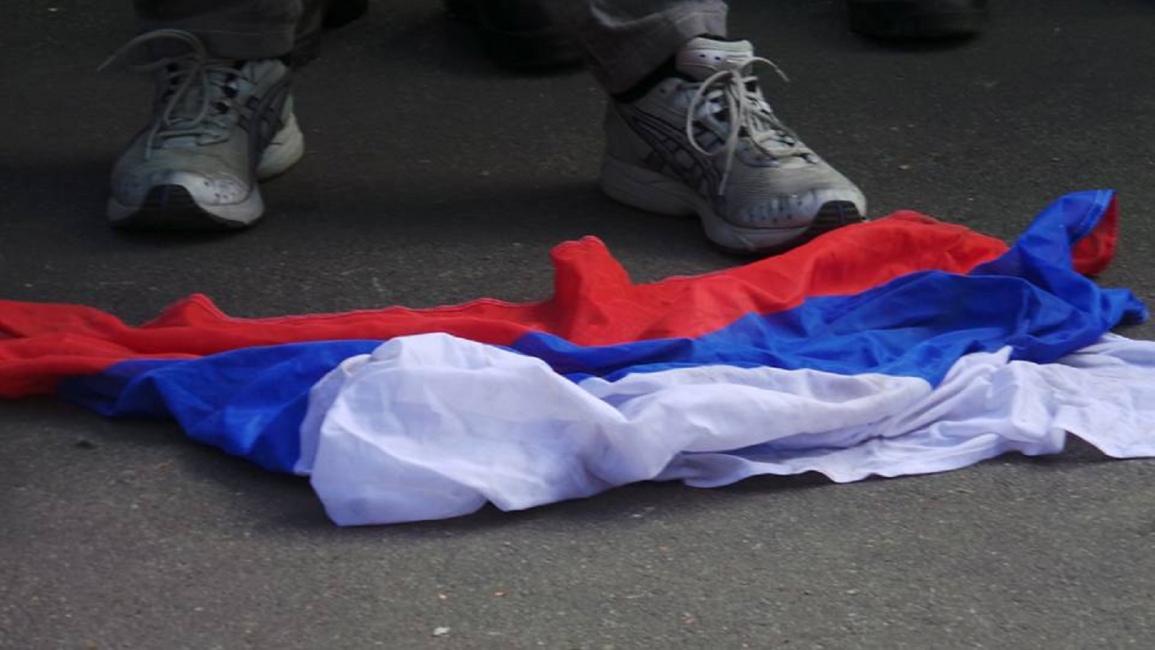The World Is Dismantling the Network of russian Cultural Centres
11/8/2025

The government of Moldova has decided to close the russian centre of science and culture in Chisinau, known as the “russian house”. The country’s authorities have called the institution an instrument of the kremlin’s hybrid influence. Azerbaijan took a similar step in the spring, having declared that interference in internal affairs was unacceptable.
Although “rossotrudnichestvo”’s representative offices are officially positioned as platforms for cultural exchange, their activities are consistently associated with the imposition of the kremlin narratives. Under the guise of promoting the russian language and participating in humanitarian programs, moscow uses these centres to legitimize its own propaganda. In Berlin, the “russian house” has been given the loud epithets “propaganda palace” and “centre of putin’s propaganda” by the German publications Augsburger Allgemeine and Tagesspiegel.
In 2023, russian intelligence officers engaged in industrial espionage through the local “russian house” were exposed in Denmark. This is not an isolated case – espionage activities under the guise of cultural centres have become part of the kremlin’s strategy.
russia actively exploits those platforms to justify its war against Ukraine. “russian houses” across the Global South – from Argentina to Cambodia – screened a film about the “revival of sport” in the temporarily occupied territories, promoting narratives that legitimize aggression.
After the start of the full-scale invasion of Ukraine, the EU imposed sanctions against “rossotrudnichestvo”. As a result, “russian houses” ceased operations in Slovenia, Slovakia, Croatia, North Macedonia, Montenegro, and Romania. The closure in Moldova is another signal that the world is becoming less tolerant of cultural facades that hide espionage.
